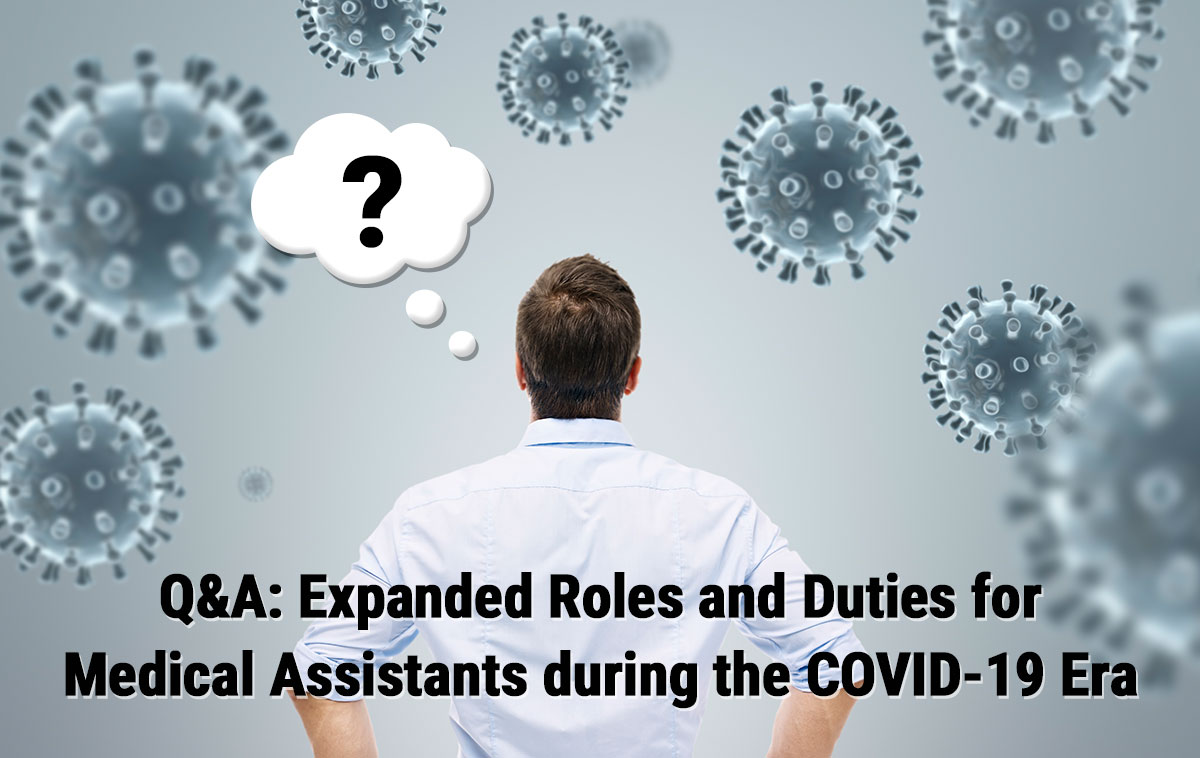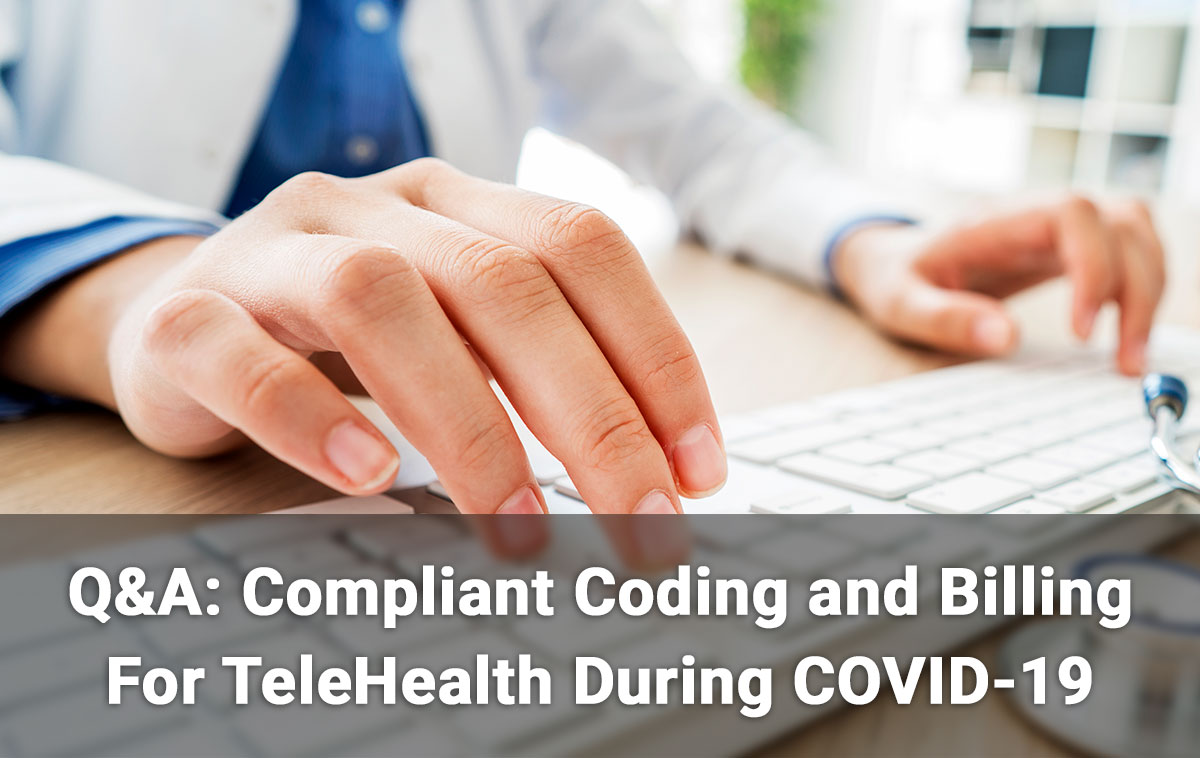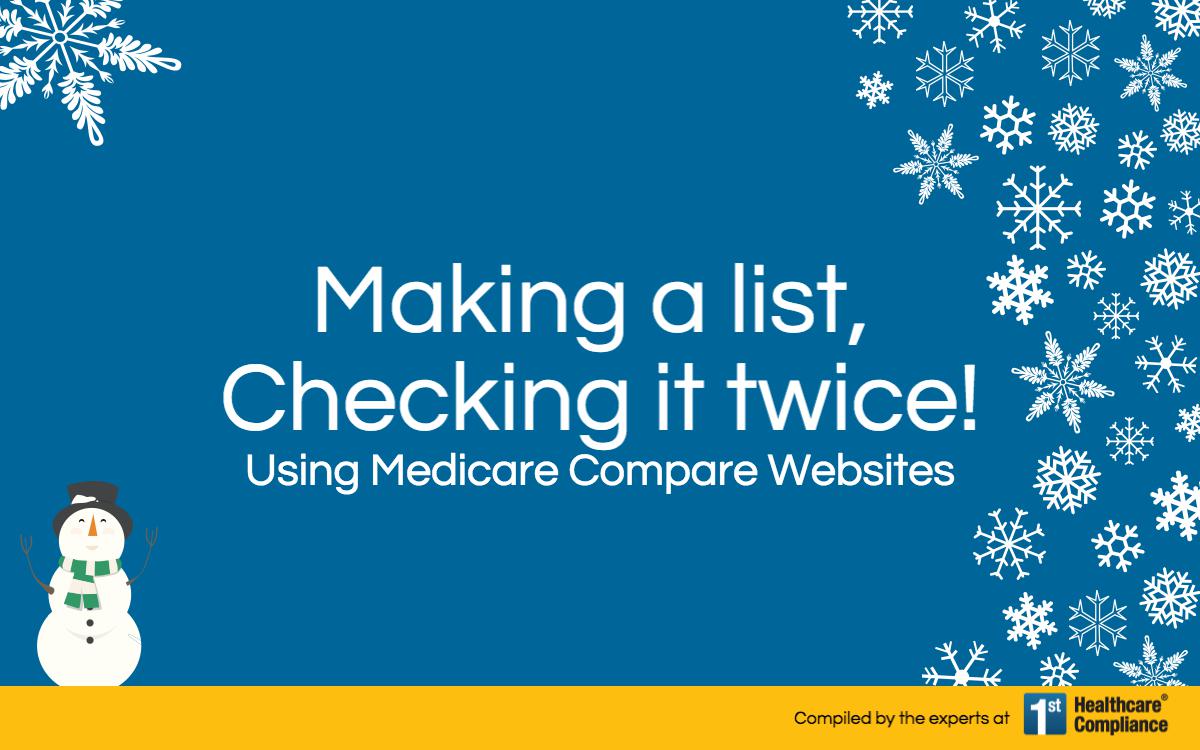Prepare Your Staff to Meet an Auditor or Investigator
When a healthcare entity is the target of a government investigation or audit, it is the Compliance Officer who is responsible for leading the response to, and coordinating and tracking all steps and details of the challenging and unnerving process. In responding appropriately to such government requests or contacts, it is important to not only have a prepared compliance officer, but also prepared employees— do you have a clear plan for employees if an auditor arrives at your office?
The federal and state governments have made the investigation and prosecution of healthcare fraud one of their highest priorities and have proposed many new initiatives for identifying fraudulent and abusive practices. A number of these initiatives include conducting audits of healthcare providers. A healthcare entity’s policy should be to provide reasonable cooperation to these government authorities while at the same time protecting the rights of the entity and all of its employees. However, many administrators admit that they are not well prepared for the first steps if a government enforcement agency shows up for an official, unannounced visit. This is because time and resources are typically spent training team members to comply with multiple rules and regulations regarding privacy, coding, billing, and documentation. But careful and advance preparation will make all the difference when faced with a government inquiry.
Even for a routine audit, your staff should be prepared to stop, think, and follow the plan. It is advisable to contact an attorney licensed in your state who specializes in the applicable regulatory issues.
The following recommendations will help you create a proper response plan:
Recommendations for Non-Routine Communication from Government Representatives. To fully understand a request from a government representative and provide a complete and accurate response to non-routine requests from a government representative, all such communications must be forwarded to administration.
- Any employee receiving a non-routine request or communication from a government representative should obtain the following information:
- The person’s name, title, and department (if possible, obtain a business card), badge or identification number; for telephone requests, the office telephone number of the government representative
- As many details as possible, of the information or documents requested
- If a list of requested items/documents is provided, a copy of the list. A copy of each document requested should be made.
- Inquiries into the location of files must be answered truthfully. All requests from a government representative to obtain any documents from the entity must be forwarded immediately to the administration.
- Inquiries beyond the location of files do not require an immediate response. An entity’s employees have the right to wait until legal counsel is present to answer any other questions.
- If a request for documents or a subpoena is received from a government representative, it should be forwarded immediately to a supervisor/manager. The supervisor/manager should immediately send a copy to the administration. Employees should not respond directly to the request until receiving direction from their supervisor/manager.
- The Compliance Officer should maintain a complete and accurate listing of all visits by government representatives, along with copies of all documentation supplied to government representatives.
Recommendations for Interviews with Government Representatives. It is appropriate to respond to unannounced visits from a government representative with a reasonable request to schedule an appointment to speak with the representative at a later date. Any employee receiving an unannounced visit from a government representative should immediately contact their supervisor/manager and/or administration.
- Entity employees are free to decide whether or not they should speak with the government representative. Employees generally are not required to speak with government representatives.
- Entity employees must contact their supervisor/manager and/or administration as soon as possible after the contact by the government representative. Employees are encouraged to take notes during any encounters with government representatives.
- Entity employees are entitled to have someone present during any interview with a government representative. The Entity may arrange to have an appropriate individual (possibly an attorney) present at no cost to the employee or employees may consult with an attorney of their own choosing at their expense.
- If an entity employee chooses to speak with a government representative, he or she should answer questions completely, accurately, and concisely to prevent any misunderstanding of the facts.
Below is a list of related Definitions and Acronyms:
- Federal Bureau of Investigation (FBI): the investigative arm of the federal government
- Centers for Medicare and Medicaid Services (CMS): the federal agency overseeing the administration of the Medicare and Medicaid programs
- Medicaid Fraud Control Unit (MFCU): the investigative arm of the state Medicaid agency
- Office of Inspector General (OIG): the legal investigative arm of federal government programs
- State Attorney General’s Office: the legal prosecutorial arm of State government
- State Government Agency: any state agency responsible for clinical licensure or oversight of healthcare providers





